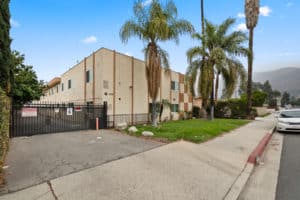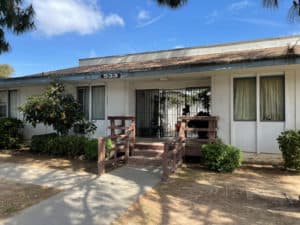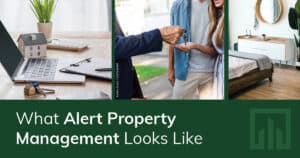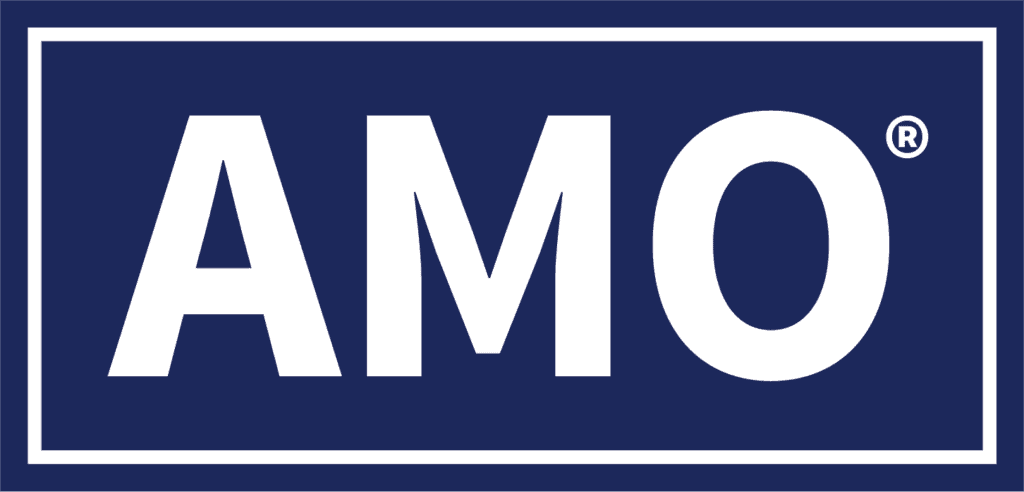Owners of rental properties in California have been under unprecedented legislative pressure in 2020. Assembly Bill No. 3088, which Governor Newsom signed into law on August 31, makes temporary changes to important elements of the state’s residential landlord-tenant laws. For landlords the law is a mixed bag.
AB 3088 partially shields tenants from unlawful detainer actions
Protecting renters who have been financially affected by the COVID-19 pandemic is the central legislative aim of AB 3088. The law places significant limits on a landlord’s ability to evict a qualified tenant using an action of unlawful detainer.
An action of unlawful detainer is a legal process used by a landlord to recover possession of a property from a tenant who has refused to leave the property after the expiration or cancellation of a lease, or after the tenant has breached a covenant of the lease, including failing to pay rent. Unlawful detainer actions are designed to be fast: tenants have just five days to respond to the suit, and a trial can begin as soon as 20 days after the response period has expired. The prevailing landlord in an unlawful detainer action receives a judgment of possession, which allows the landlord to ask the local sheriff to physically remove the tenant from the property.
To qualify for the law’s protections a tenant must have failed to pay rent due to “COVID-19-related financial distress.” The bill provides a broad scope for what can qualify. It includes expenses from increased childcare obligations, loss of income, and illness. Tenants who are not “high-income tenants” need only provide a written declaration that they have been financially affected by COVID-19 to come under the law’s protection.
The rules are slightly different for high-income tenants, which are defined as households with income more than $100,000 or whose income is at least equal to 130 percent of the median income for that county, as published by the California Department of Housing and Community Development (available here). Landlords may require additional proof of hardship from high-income tenants.
AB 3088 modifies a landlord’s ability to evict a qualified tenant through an action of unlawful retainer in two important ways:
- An unlawful retainer action cannot be pursued for unpaid rent accrued during the period of March 1, 2020 to August 31, 2020.
- To be similarly protected for the period of September 1, 2020 to January 31, 2021, a tenant must pay at least 25 percent of the rent due by January 31. A tenant who fails to meet this requirement can be evicted by an action of unlawful retainer beginning February 1, 2021.
Any unpaid rent that is subject to the law’s protections is converted to consumer debt. Landlords will have the option of pursuing unpaid rent that is converted to debt by filing a claim in small claims court beginning March 1, 2021.
Few protections for impacted landlords
A key weakness in AB 3088 is its lack of protection for landlords who are unable to service their mortgage debts due to a high volume of unpaid rents. For owners of most multifamily buildings, the bill does not protect against foreclosures or limit other lender options.
The law provides an exception for owners of residential properties with up to four units. Lenders to these “small landlords” are required to provide forbearance options and a number of additional notices and disclosures. These protections will remain in place until January 1, 2023.
Landlord obligations and options under AB 3088
Landlords who may be affected by AB 3088 will want to keep several important things in mind:
- Additional notice requirements. AB 3088 adds extra obligations for landlords as they prepare notices to tenants about late rent. Among other things, landlords must provide an unsigned declaration of COVID-19-related financial stress and disclose the tenant’s rights to use it. Notices to tenants that fall within the high-income bracket must incorporate specific wording set out in the text of the law.
- Evictions for other reasons can continue. Landlords can still pursue eviction against tenants who have broken their leases for reasons other than financial distress related to COVID-19.
- Additional fees for self-directed eviction actions. California law already prohibited landlords from taking steps such as turning off the electricity or water of tenants who have not paid rent. AB 3088 adds additional penalties between $1,000 and $2,500 for landlords who pursue such actions against tenants who have claimed COVID-19-related distress.
- Work with your attorney. Although qualified tenants may be able to avoid paying rent in the short run, AB 3088 has not absolved them of an obligation to pay. Landlords need to be keeping adequate records that will permit them to pursue small claims actions if the need arises. We recommend landlords speak with an attorney about best practices to ensure legal recourse is an option when the grace period closes.
Pan American serves as a resource for our clients and their residents. We collaborate with outside counsel to stay current on the latest developments in the law and to shape creative solutions that help our clients and their residents navigate these complex times. Our staff receives attorney-led training on AB 3088 and is in regular contact with organizations that can help families that have been financially impacted by the pandemic.
AB 3088 and the bigger picture
With the pandemic’s severity only getting worse as we head into winter, California landlords will need creative solutions to protect themselves. We anticipate the consequences of AB 3088 carrying forward well into 2021. When tenant protections expire the state will likely see a tsunami of eviction actions and small claims lawsuits. The state’s already strained system will only be strained further, meaning slow outcomes.
Planning ahead in such times is difficult, but not impossible. By crafting clear-eyed financial strategies and fostering reliable relationships with tenants and sources of financing, a landlord can weather the storm.
At Pan American Properties we are continuously refining our strategies to help clients overcome the challenges COVID-19 has brought to our industry. To learn more about how we are working with clients to implement AB 3088 compliance at their properties, contact us today at (888) 754-9700 or by sending us an email.






